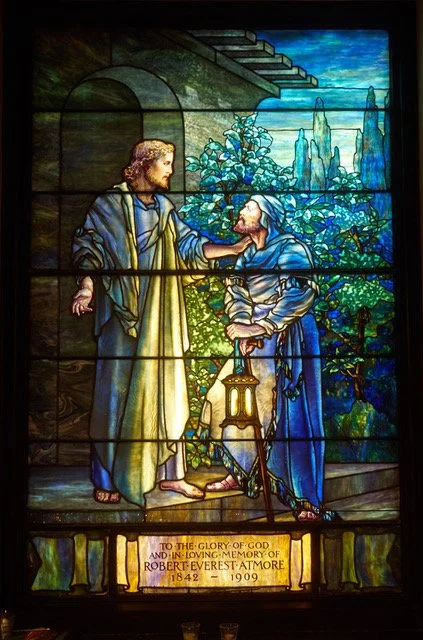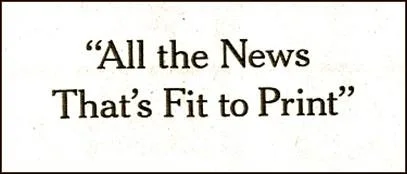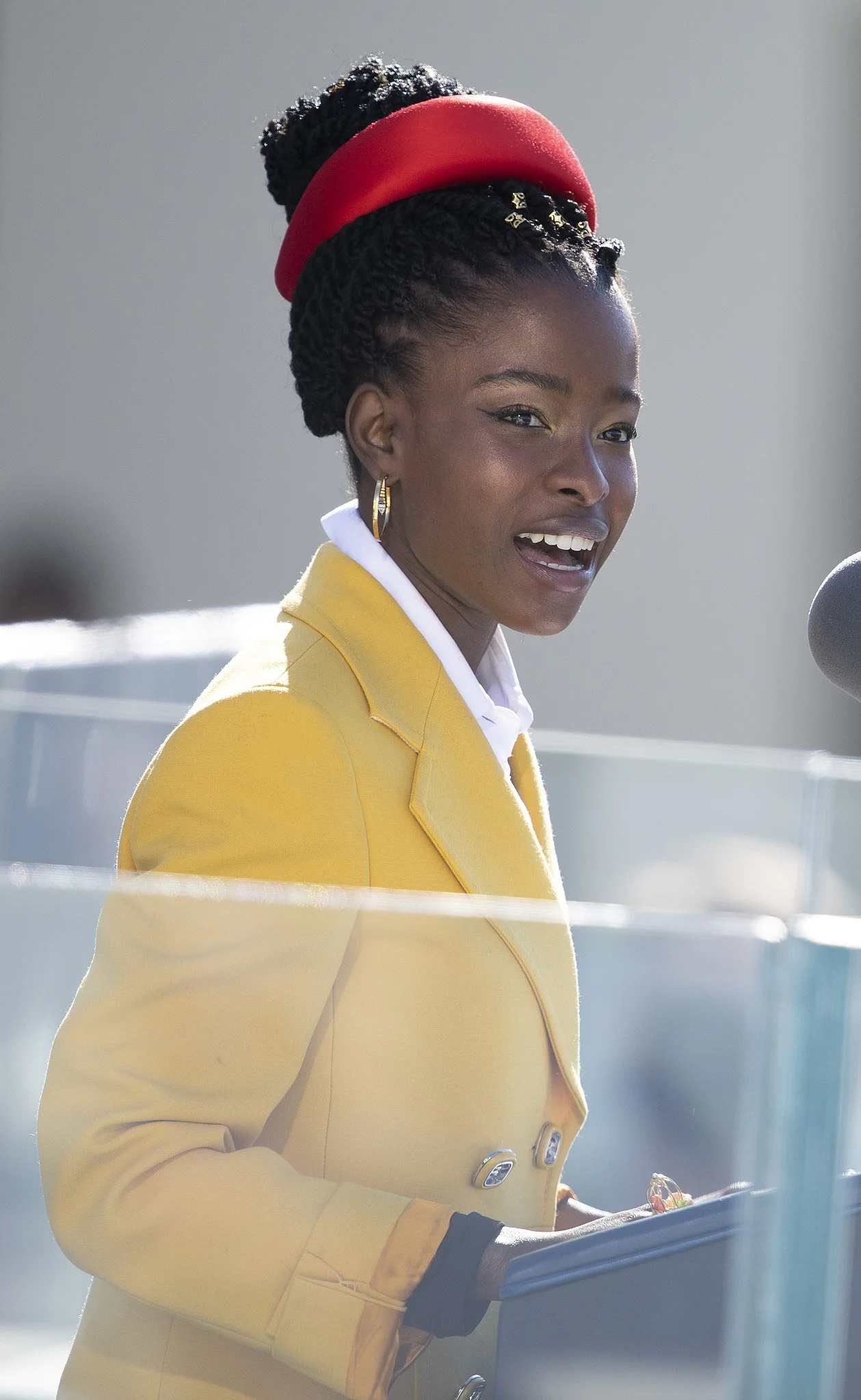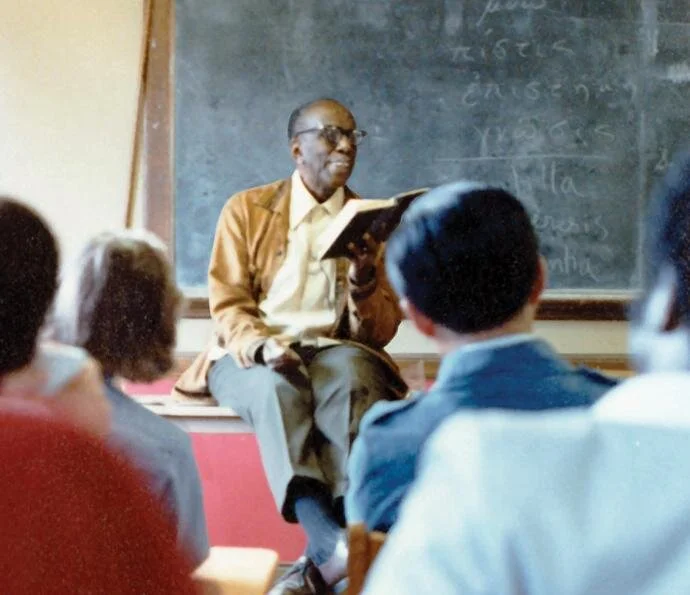Friday Reflection: On Seeking Peace
“It’s been a year since Covid-19 emerged. The world still isn’t ready for it.”
I. This week we’re doing something different, i.e. looking back in order to name the present for what it is. Sunday, November 22 is the anniversary of John F. Kennedy’s assassination in Dallas, Texas. Sunday, November 22 is also the last Sunday of Pentecost, celebrated as Christ the King Sunday. While this Sunday celebrates the kingship of Christ, I see it as a prelude to the Season of Advent, which begins on Sunday, November 29 and is the first day of the new Church Year. This reflection is intended to be part of that “prelude:” a prelude to the season of waiting and becoming that Advent is, and is also meant to be an instrument of remembering where we have been and facing where we are now.
II. Our text—which can be seen as sacred, especially now—is a speech, often called the “Peace Speech” that JFK gave at American University on June 10, 1963, six months before his assassination.
The speech speaks for itself and needs little interpretation, except perhaps for us to be reminded that it was given 57 years ago. Its language, understanding and wisdom, vision and respect for humankind, are stunning qualities and my hope is that you will take the time now to read all eight pages of the speech. I urge this because we need to take the time to remember 50+ years ago in America and what has happened since then—including the assassinations of President Kennedy, Malcolm X, Martin Luther King, and Robert Kennedy. We all have our lists and our specific memories. Reading the speech can help us remember all that has happened after JFK’s death, to reflect on the presidents since Kennedy, and form our opinions. The speech also inspires us to remember the “then, since then, and now.” As it provides a contrast, so it also offers a breather from our Now: a “now” defined by the pandemic, the economy, the political environment and the election, the violence and rise of hate and hate crimes AND the fear, uncertainty, confusion and conflict. The clarity of Kennedy’s speech contrasts with the drama and trauma in which we live, it seems, every day now. The speech also illustrates how far from true PEACE we really are in the United States and in the world today.
III. As our epigram above suggests, in this year of covid-19 we discover we are still not prepared for it. And what else have we not been ready for? Many things, perhaps, but almost certainly we have not been ready for PEACE nor do we seem to be interested in what PEACE really means and what it is about.
IV. Consider this excerpt from JFK’s speech:
…wherever we are, we must all, in our daily lives, live up to the age-old faith that peace and freedom walk together. In too many of our cities today, the peace is not secure because freedom is incomplete. …And it is the responsibility of all citizens in all sections of this country to respect the right of others and respect the law of this land.
Now, over fifty years after Kennedy’s speech, we can only hang our heads in sadness and shame. Our differences seem both deep and insurmountable and I often think we’ve fallen into what I would call a “civil faithlessness.” And I acknowledge that I believe the last four years have helped our fall. But given the seemingly endless set of demands on us as individual citizens and as well as on the larger community–the threats to our democracy, the intensity and the surge of covid-19, the bitter political divides, the teetering economy, the unequal access to health and child care, remote and virtual schooling, social injustice, the rise of hate and hate crimes (“hate crimes in U.S. rose to the highest level in more than a decade in 2019” –New York Times, 16 November 2020), the depth and breadth of racism, the role of law enforcement—all this and more has come relentlessly and with plenty of sharp edges. Is it any wonder, then, that we would suffer trauma, dismay, anger, bewilderment and a growing sense of helplessness?
V. On the other hand, more people voted in the election of 2020 than ever before which would suggest that those who voted, for one person or the other, may have felt their vote was an important civil act, a response to the current situation in hopes that our profound differences could be addressed and the pursuit of reconciliation begun. Sadly, as I write, those who represent us in the government seem unable to resolve the election of the president, much less move toward any kind of reconciliation. Frustration and disillusionment and, maybe even anguish, are ever present, and, perhaps, we are also in the presence of a touch of the bizarre.
VI. Here is another excerpt from JFK’s “Peace Speech” on the issue of differences:
…Let us not be blind to our differences-but let us also direct attention to our common interests and the means by which those differences can be resolved. And if we cannot end now our differences, at least we can help make the world safe for diversity. For in the final analysis, our most basic common link is that we all inhabit this small planet. We all breathe the same air. We all cherish our children’s future. And we are all mortal.
Imagine a president of the United States, writing and talking like this. Imagine.
VII. The significance of this speech is that it is really about peace and freedom. And in such a time as this one, right now, the speech has enormous implications. It came at a time when there was comparatively less domestic conflict and distortion of fact. What we have learned once again in this time, is that facts have consequences and that even distorted and untrue facts have consequences. And in such a time as this, we have had to face all kinds of distortions with all kinds of consequences, some of which have incited violence and more hatred. Peace and freedom? I don’t think so.
VIII. In medieval Benedictine monasteries, it was common for the words Pax Intrantibus “Peace to all who enter here” to be carved over the archway of the entrance to the monastery. The Benedictine, Joan Chittister, says these words were meant to be both a hope and a promise. And there is in the Rule of Benedict the words, “Turn away from evil and do good; let peace be your quest and aim.” Chittister has more to say about peace:
“Peace is our legacy, our mandate, our mission, as alive today as ever, more in need today--in a nuclear world, a world of starving peoples—than ever… Peace, however is not simply the absence of war. It is a [way of life] that makes war unacceptable and violence unnecessary. It is not a lifestyle dominated by control and a plethora of rules. It is a [a way of life] that forgoes violence on every level, for any reason.”
—The Monastery of the Heart, p. 128
To be clear, the peace mandate here is to forgo violence of any kind, on every level, for any reason. Stop for a moment and think of the kinds of violence we experience at this time. If you make a list, it will be a long time before you finish.
IX. Think of the raw violence of President Kennedy’s death, a death that killed the hope and idealism of our nation and scarred an entire generation. And now, think of the violence that is all around us, in front and behind us, every day after day, after day. Think of how polarized we have become in 50 years. And think of the roots and consequences of violence: conflict, injustice, hatred, cruelty, jealously, envy, distortion and hardness of heart. It is not reckless to argue that now, in this time, the “way of nonviolence” has been transformed into a “way of violence.” One has to wonder about what has happened not only to our hearts to make them so hard, but what has happened to our souls. Sometimes, I believe that in our daily lives as Christians, we have forgotten our souls and, as a result, we have forgotten others, not to mention our country and its democracy. Maybe, in fact, we have forgotten the Gospel. The collective care of others and care of our country seem to have vanished mostly, as perhaps has our care of our own hearts and souls. That’s what is feels like to me. Joan Chittister puts it this way: “ …One thing is inescapable: the way we deal with whatever happens to us on the outside will depend on what we have become on the inside.” (The Monastery of the Heart, p. 100).
IX. Is there a way out of this numbing anomie? At Saint Stephen’s, through what we do every day with our three virtual services and this Friday Reflection, we have come to advocate thinking, speaking and living in the presence of God, every day. Oh, and we would strongly recommend rereading The New Testament Letter of James, which was the subject of our Friday Reflection on July 24. There are few more powerful testaments to everyday Christian behavior than James.
X. All this from a “Peace Speech” delivered by a long gone—and murdered—president, 57 years ago.
—Father Peter Kountz









